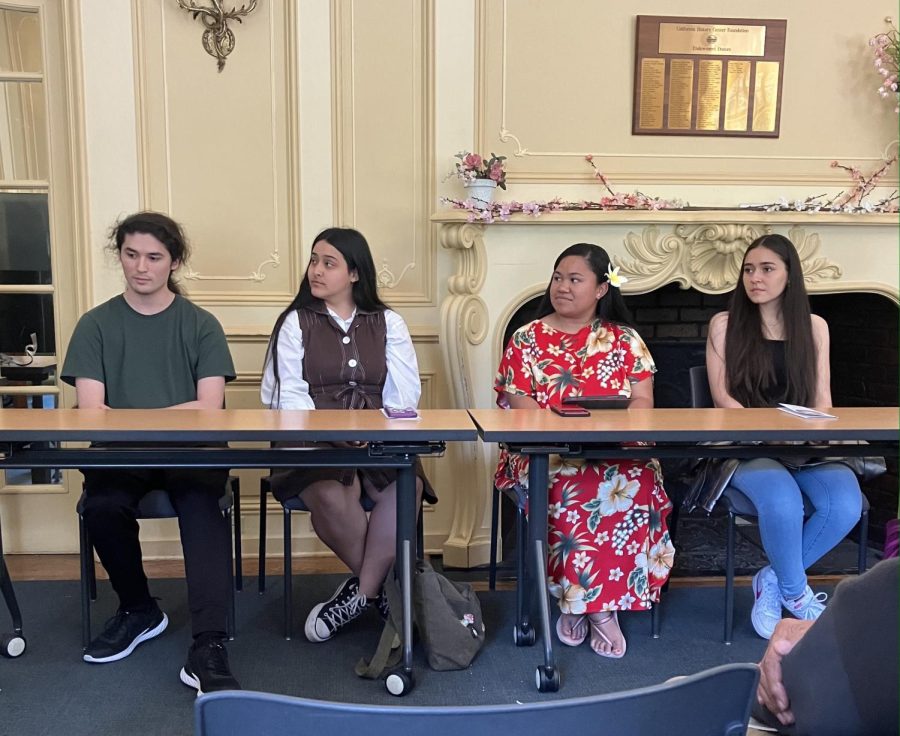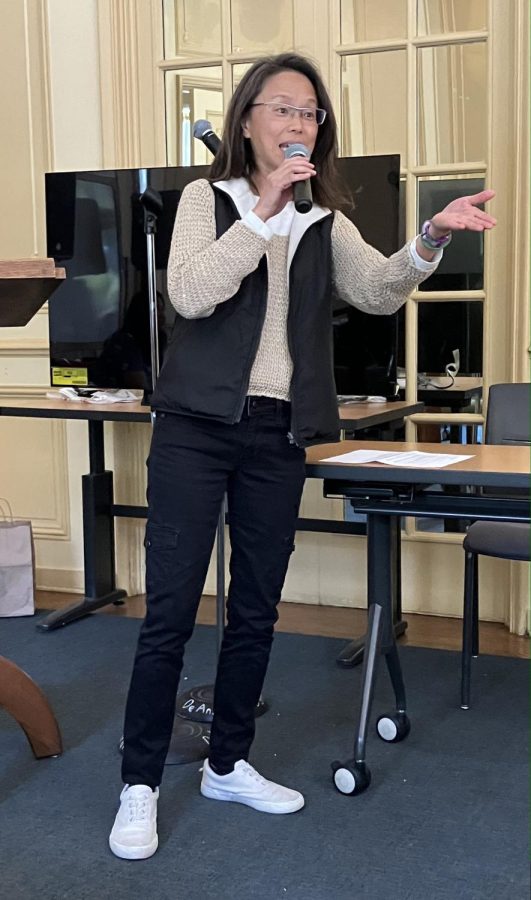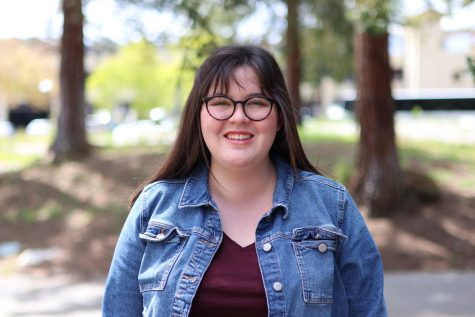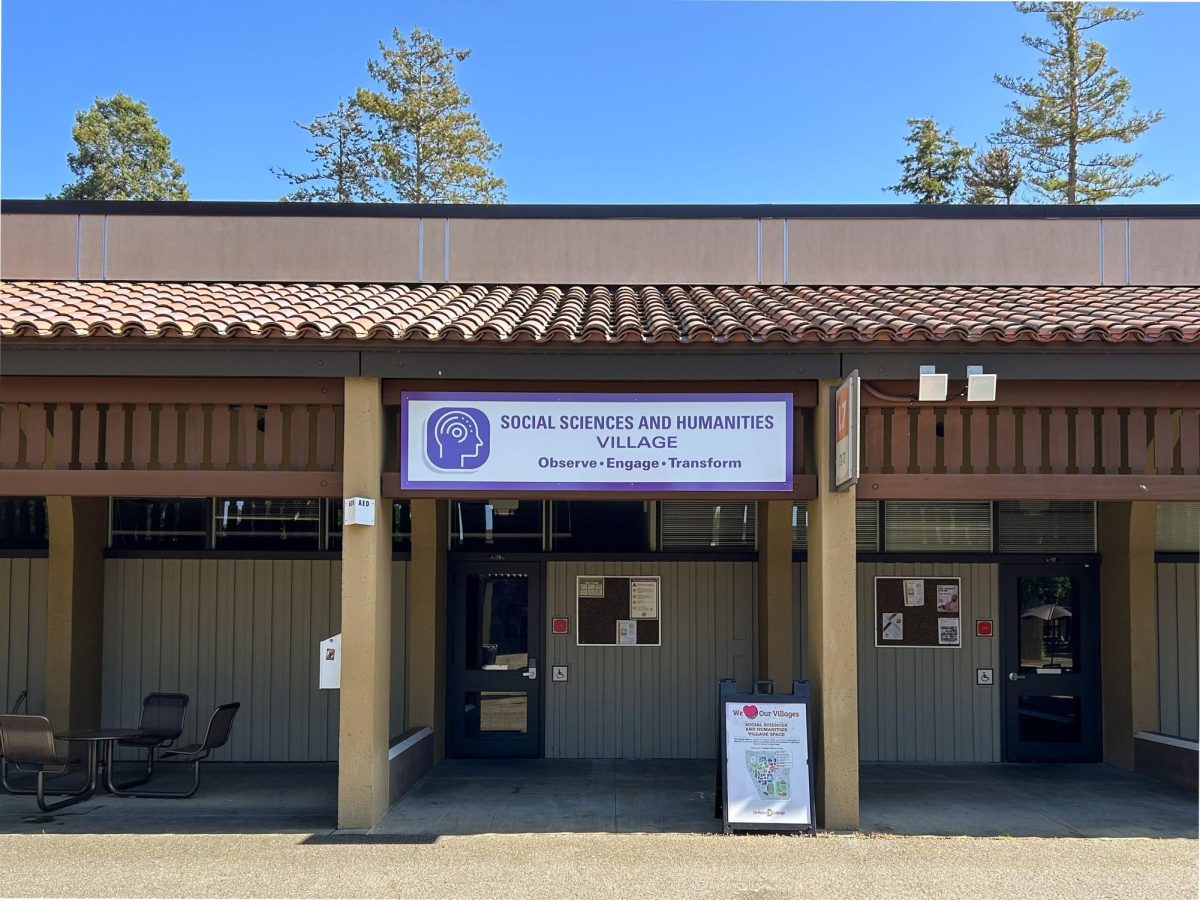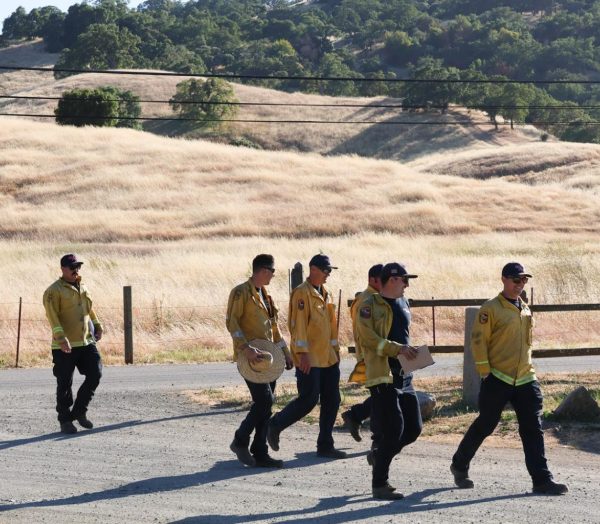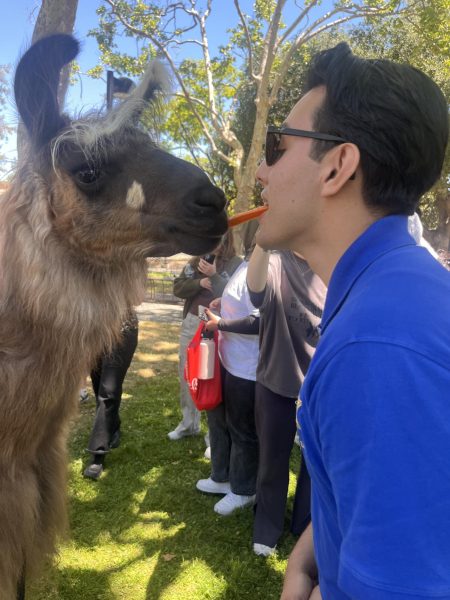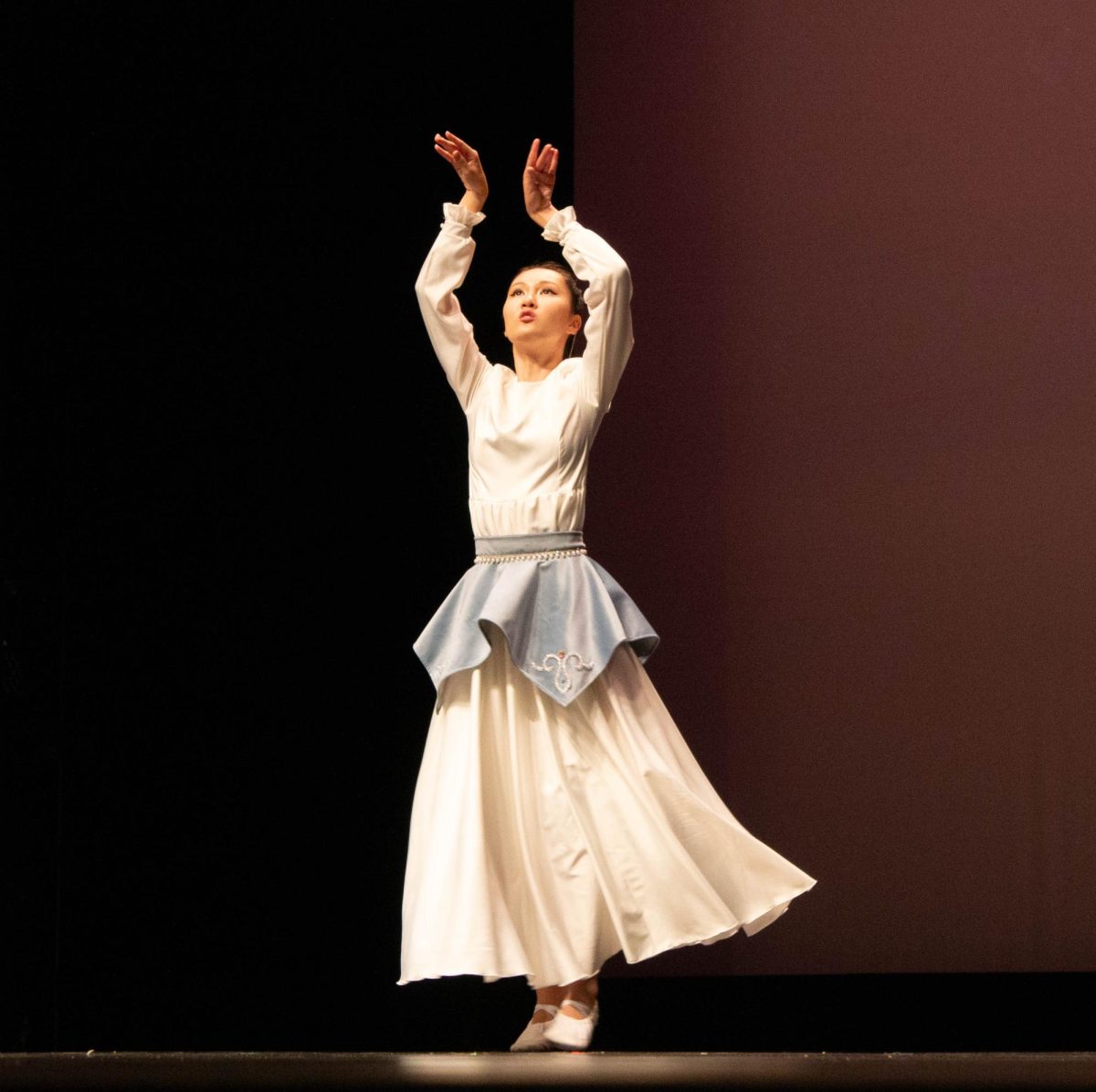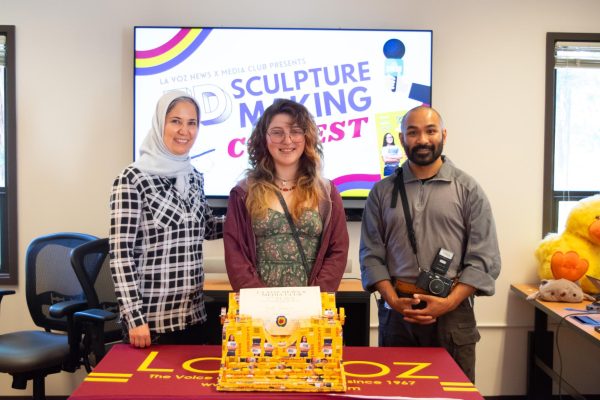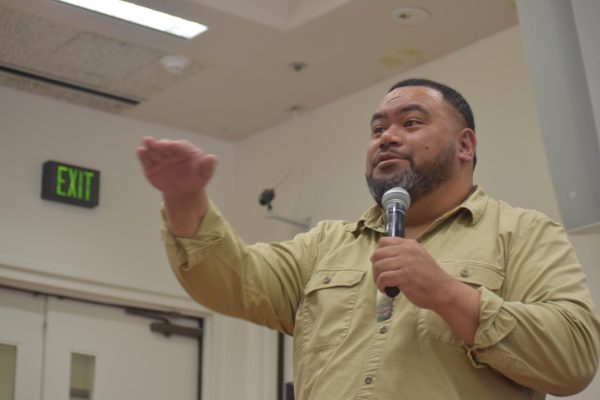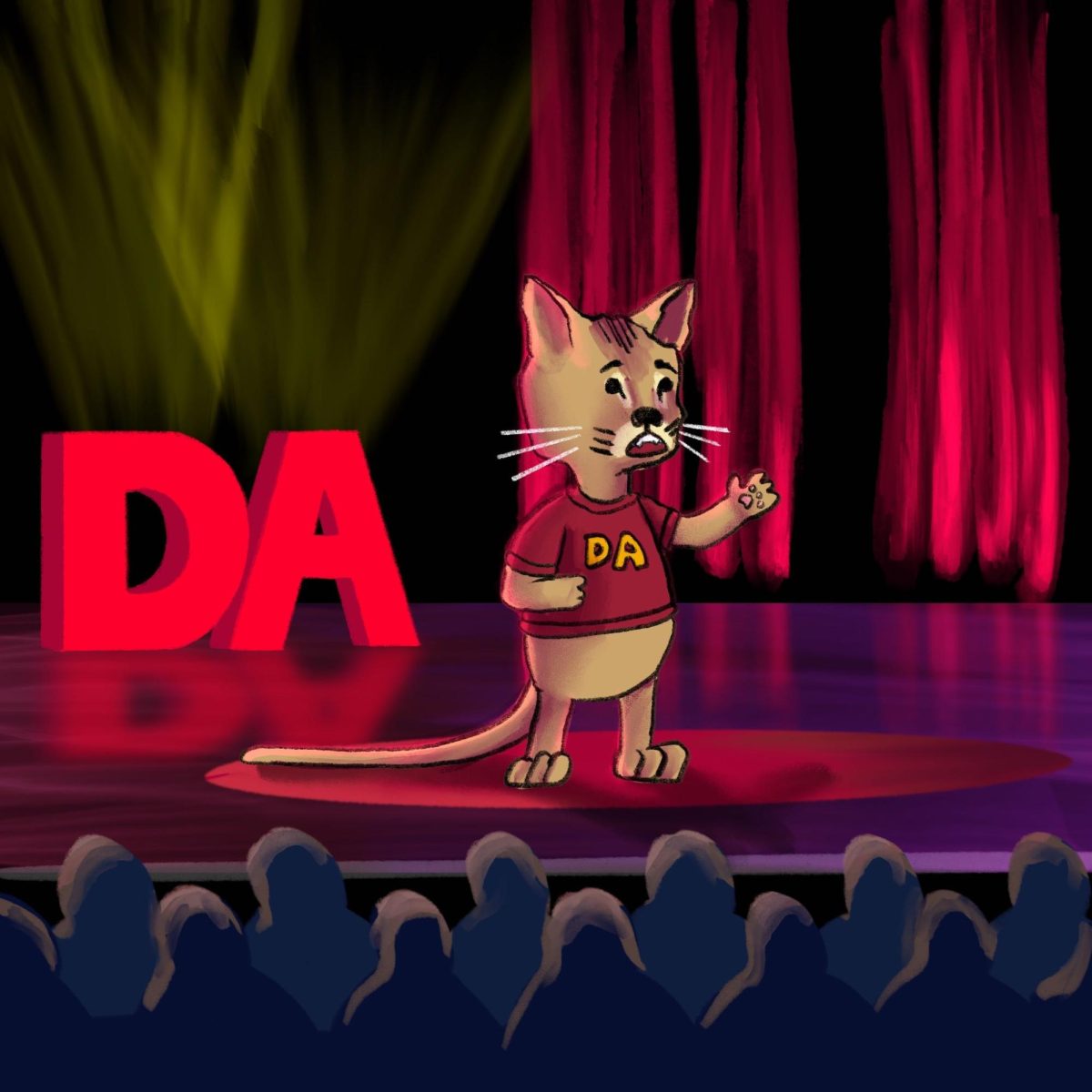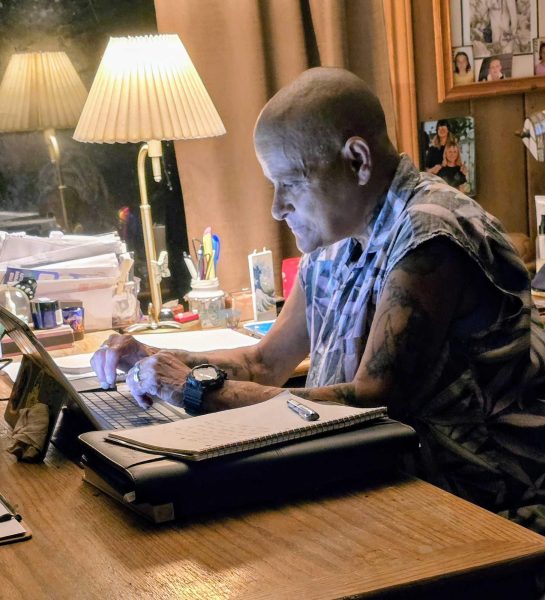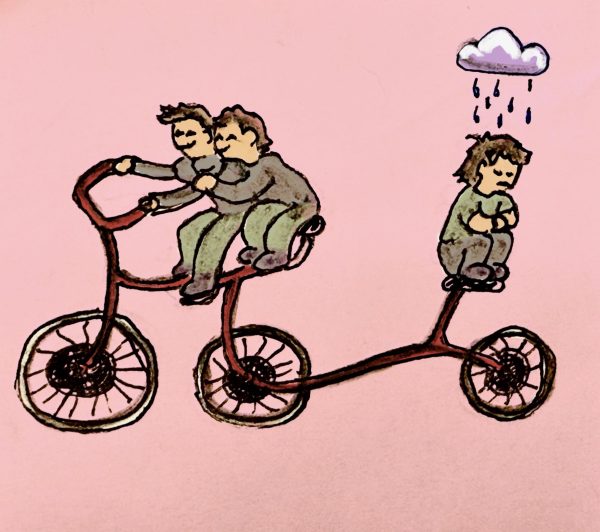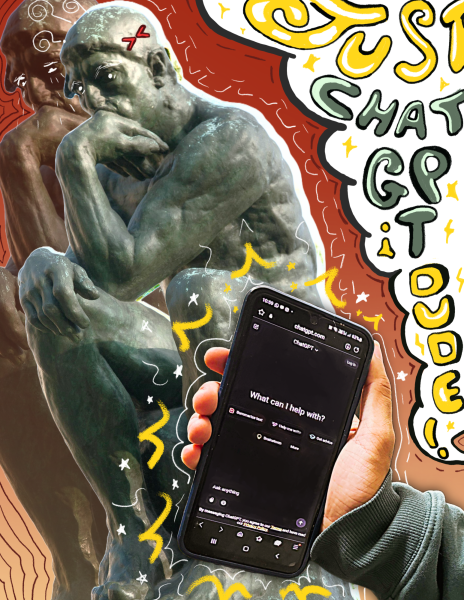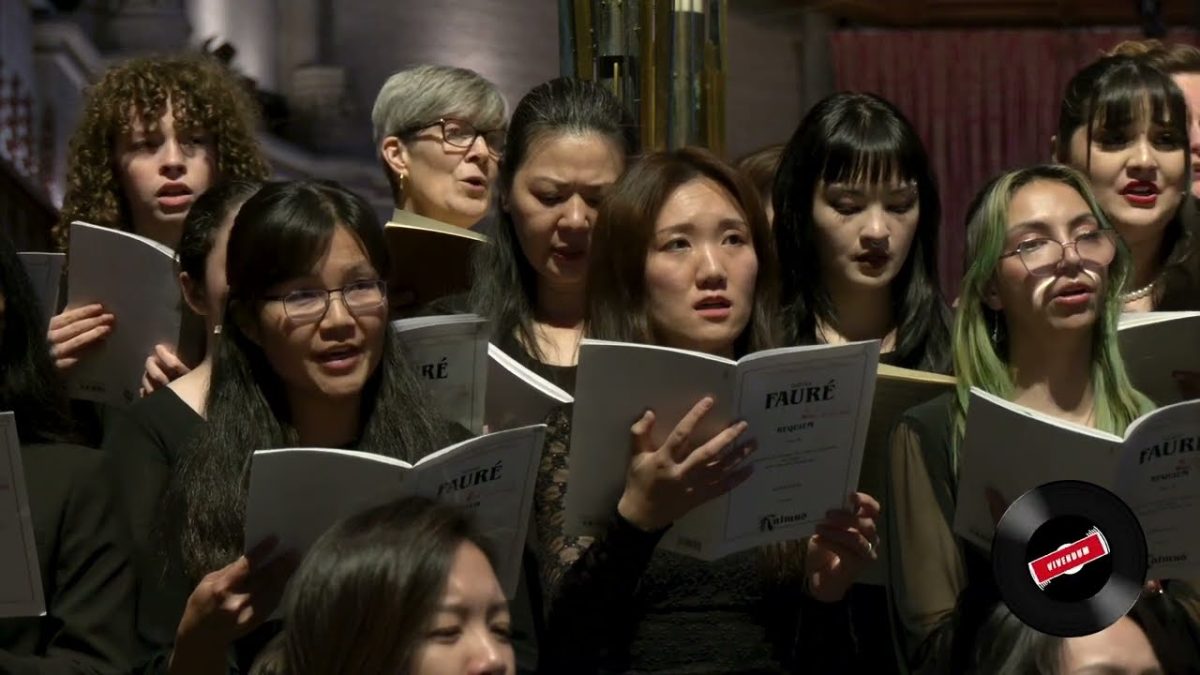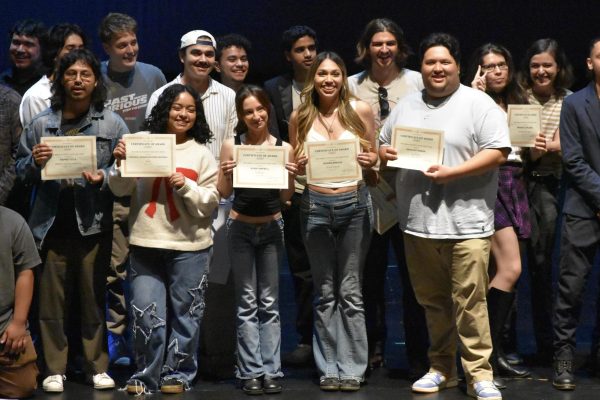Students and activists discuss ethnic studies at summit
From left, Eric Penunuri, 19, computer science major; Juliette Leyva, 18, film/television (animation) major; Ofa Pahulu, 21, liberal arts (social behavioral science) major; and Natalia Jaramillo, 19, nursing major, participate in a panel on June 1. The De Anza students discussed their experiences with ethnic studies courses on campus.
June 14, 2023
Activists, educators and students discussed the formation and value of ethnic studies programs during a summit held in the California History Center on June 1.
Paul Fong, the keynote speaker at the event, discussed his experiences as a former De Anza student, former California State Assembly member and former Asian-American studies instructor. He also talked about being elected to the Foothill-De Anza Board of Trustees.
“When I got elected, ethnic studies had leadership at the board level for the first time,” Fong said. “But leadership at the board level comes with (both) good and bad. The good thing is that (Foothill-De Anza Chancellor) Judy Miner treated me nicely. The bad thing was most of the other administrators didn’t treat me nicely because I was a threat to them.”
Students at the event also participated in the panel, listing the ethnic studies courses they have taken at De Anza and the value of these courses. Juliette Leyva, 18, film/television major, said ethnic studies courses gave her a stronger understanding of her identity even during “intense experiences.”
“Yesterday, I had a very unfortunate experience where police came to my home and raided a space I’m renting there currently, looking for someone who wasn’t even there, and looking for something that wasn’t associated with me at all,” Leyva said. “Being in this class prepared me to go into it with a mentality of knowing who I am, and knowing that the stereotypes and the associations (around) people like me, don’t have to reflect me because they aren’t me. Despite going through intense experiences, being in this class really allowed me to move forward with my understanding of (self) and cultural identity.”



